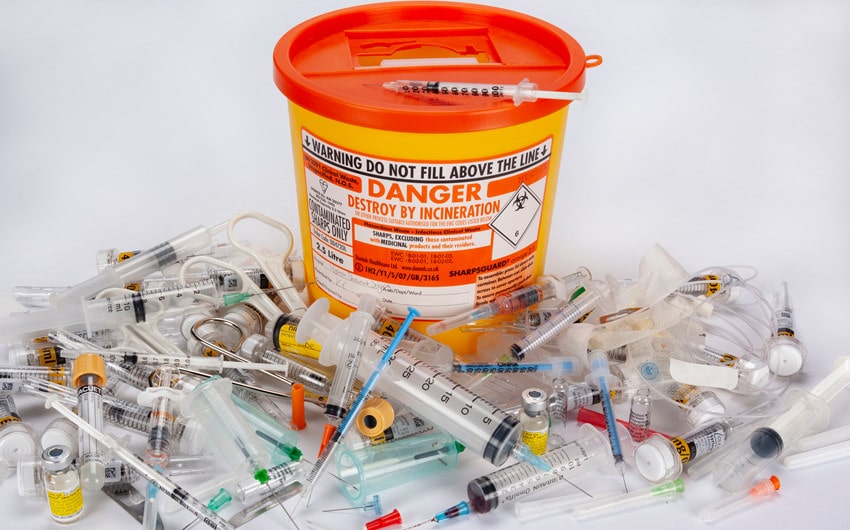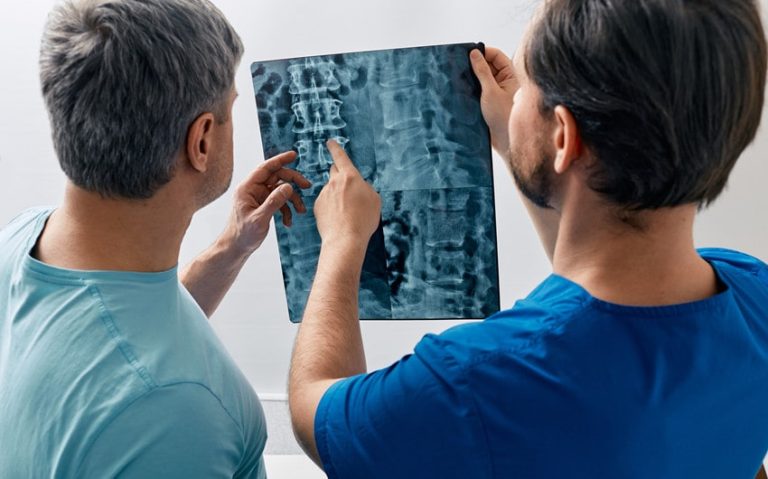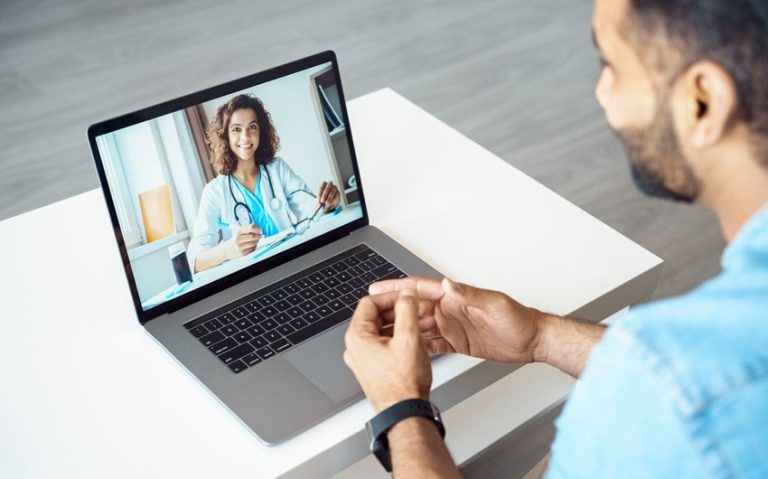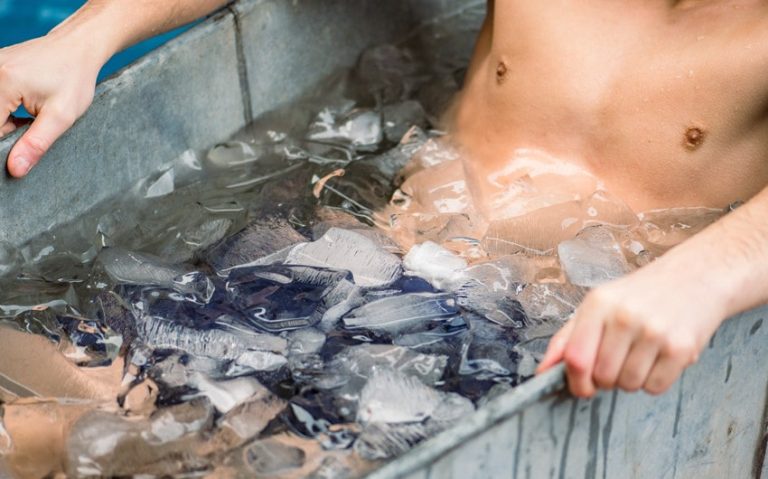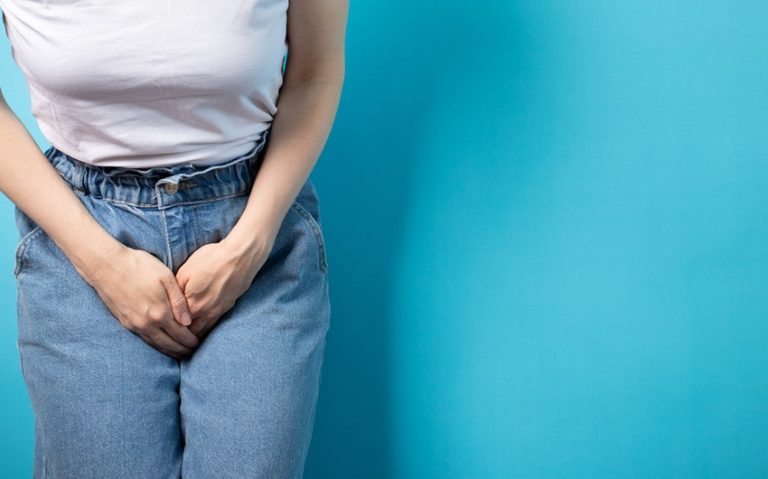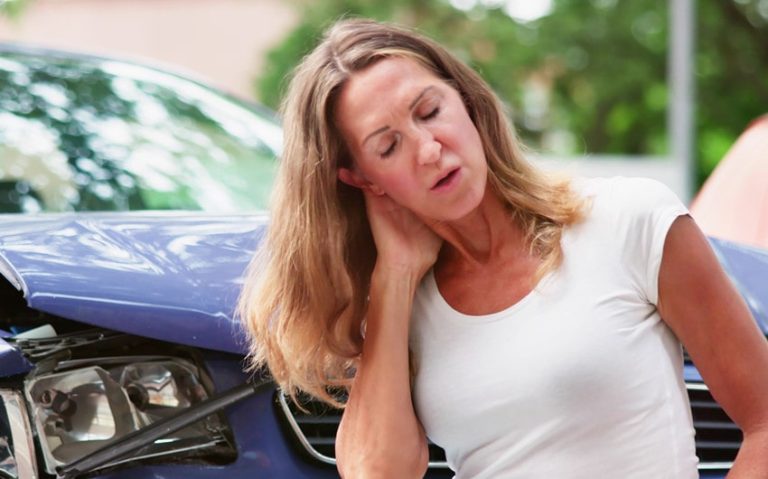Understanding the Risks of Improper Sharps Disposal
When we think about medical waste, we often picture used gloves, bandages, or empty medicine bottles. But one of the most hazardous types of waste often gets overlooked—sharps. This category includes needles, syringes, lancets, and any other object that can puncture or cut the skin. Sharps are used not only in hospitals and clinics but also in homes by people managing conditions like diabetes or administering medication.
While these tools are vital for treatment and care, they can pose serious health and safety risks when not disposed of properly. Understanding the dangers of improper sharps disposal is the first step toward protecting public health, safeguarding the environment, and preventing avoidable injuries.
The Immediate Risk: Injury and Infection
One of the most obvious dangers of improperly discarded sharps is the risk of injury. Whether it’s a sanitation worker collecting trash, a child playing near a waste bin, or a healthcare worker sorting through laundry, anyone can accidentally get pricked or cut by a sharp object if it’s not safely contained.
But the concern goes beyond just the injury itself. Used sharps can carry bloodborne pathogens like HIV, hepatitis B, and hepatitis C. Even a tiny amount of contaminated blood on a needle tip can transmit these infections. For healthcare and sanitation workers, this is a daily risk—and it’s one that can have life-changing consequences.
Risks in the Home
Improper sharps waste disposal isn’t just a problem in hospitals or clinics. Many individuals manage their health at home using insulin injections, hormone therapy, or allergy treatments. Without proper disposal systems in place, used needles often end up in household trash, bathroom bins, or—worse—flushed down the toilet.
This not only puts family members at risk of injury but also endangers garbage collectors, janitors, and anyone else who may come into contact with the waste.
Environmental Concerns
Throwing sharps in the trash or flushing them down the drain may seem like a quick fix, but it comes with long-term environmental consequences. Needles and other sharp objects can end up in landfills or water systems, where they pose hazards to wildlife and contribute to pollution. Sharp objects can also damage waste treatment equipment or contaminate recycling streams if improperly sorted.
In short, one careless action with a used needle can set off a chain reaction that harms people, animals, and the environment.
Legal and Financial Consequences
Improper disposal of sharps waste isn’t just dangerous—it’s also illegal in many places. Local and federal regulations often require sharps to be stored in puncture-proof, labeled containers and disposed of through proper medical waste channels.
Businesses and medical facilities that fail to comply with these rules may face hefty fines, legal action, or loss of licenses. But even at home, improper disposal can result in community fines or be flagged as a public health concern.
Safer Alternatives: What You Can Do
The good news is, safe sharps disposal is entirely doable with a bit of preparation. If you’re using sharps at home, invest in an approved sharps container—these are puncture-resistant, leak-proof, and clearly labeled. Once full, containers can usually be dropped off at designated collection sites such as pharmacies, hospitals, or local health departments.
Many communities also offer mail-back programs or household hazardous waste collection events. It’s worth looking into what’s available in your area. Healthcare facilities, on the other hand, should have strict policies in place for managing sharps waste, training staff, and using reliable medical waste disposal services.
Final Thoughts
Improper sharps disposal may seem like a small issue, but its consequences can be severe. From accidental injuries and disease transmission to environmental pollution and legal penalties, the risks are real—and preventable.
Whether you’re a healthcare worker, a caregiver, or someone managing your health at home, proper sharps handling is a shared responsibility. A simple action—disposing of a needle the right way—can go a long way in keeping everyone safe.

